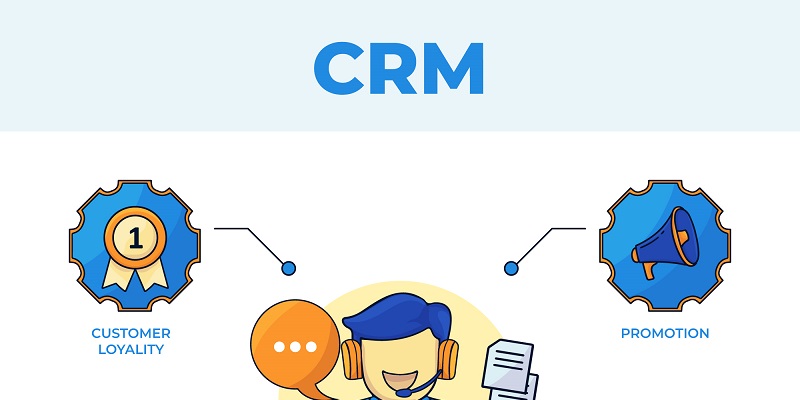In today’s highly competitive business landscape, customer satisfaction and loyalty are crucial for sustainable success. Customer Relationship Management (CRM) software plays a pivotal role in helping businesses manage and analyze customer interactions and data, ultimately leading to better customer experiences. In this article, we will explore how CRM software can significantly enhance customer satisfaction and loyalty.
Enhanced customer experiences
One of the key benefits of CRM software is the ability to centralize customer data, enabling organizations to deliver more personalized and targeted experiences. By having access to a comprehensive view of customer information, businesses can tailor their interactions and offerings based on individual preferences and needs. This level of personalization creates a sense of understanding and value, leading to increased customer satisfaction and loyalty.
Efficient Communication and Tracking
A centralized CRM system streamlines communication between businesses and customers, ensuring that no query or concern goes unanswered. By tracking customer interactions, businesses can better manage and prioritize customer needs, providing timely and effective responses. This proactive approach not only resolves issues promptly but also demonstrates to customers that their concerns are valued, thereby enhancing their overall satisfaction.
Proactive issue resolution
Through data analysis and pattern recognition, CRM systems are able to identify potential issues before they escalate. By proactively addressing these issues, businesses can prevent any negative impact on customer satisfaction. This not only helps prevent future problems but also instills confidence in customers, showcasing the business’s commitment to their well-being. Proactive issue resolution establishes trust and strengthens the bond between the business and its customers, fostering loyalty.
Valuing Customer Concerns
When businesses promptly address customer concerns through CRM software, they actively show their commitment to customer satisfaction. This level of responsiveness not only resolves issues but also communicates to customers that their concerns are heard, valued, and acted upon. When customers feel valued, they are more likely to remain loyal to the business and advocate for its products or services.
Targeted Marketing Campaigns
CRM software provides businesses with a treasure trove of customer data that can be utilized to create highly targeted and tailored marketing campaigns. By leveraging this valuable data, businesses can send personalized messages, offers, and recommendations that resonate with customers. These campaigns make customers feel understood and valued, thus increasing their satisfaction levels and solidifying their loyalty to the business.
Collecting Customer Insights
Integrating feedback mechanisms into the CRM system allows organizations to collect valuable insights directly from their customers. By actively seeking and listening to customer feedback, businesses gain a better understanding of their wants, needs, and pain points. This customer feedback loop fosters a sense of partnership between businesses and customers, enhancing satisfaction and building long-term loyalty.
Partnership Between Businesses and Customers
When businesses actively seek and value customer feedback, it creates a sense of partnership and collaboration. Customers feel empowered and appreciated when they see their input being used to improve products, services, and overall experiences. This partnership mindset strengthens the relationship between businesses and customers, leading to higher levels of satisfaction and loyalty.
CRM software is a vital tool for businesses striving to deliver exceptional service and increase customer satisfaction and loyalty. By managing and analyzing customer interactions and data, businesses can offer more personalized experiences, resolve issues proactively, and value customer concerns. With targeted marketing campaigns and a strong focus on collecting customer insights, businesses can build a true partnership with their customers, resulting in heightened satisfaction and unwavering loyalty. Embracing CRM software is a strategic investment that can bring long-lasting benefits to organizations in today’s customer-centric marketplace.

